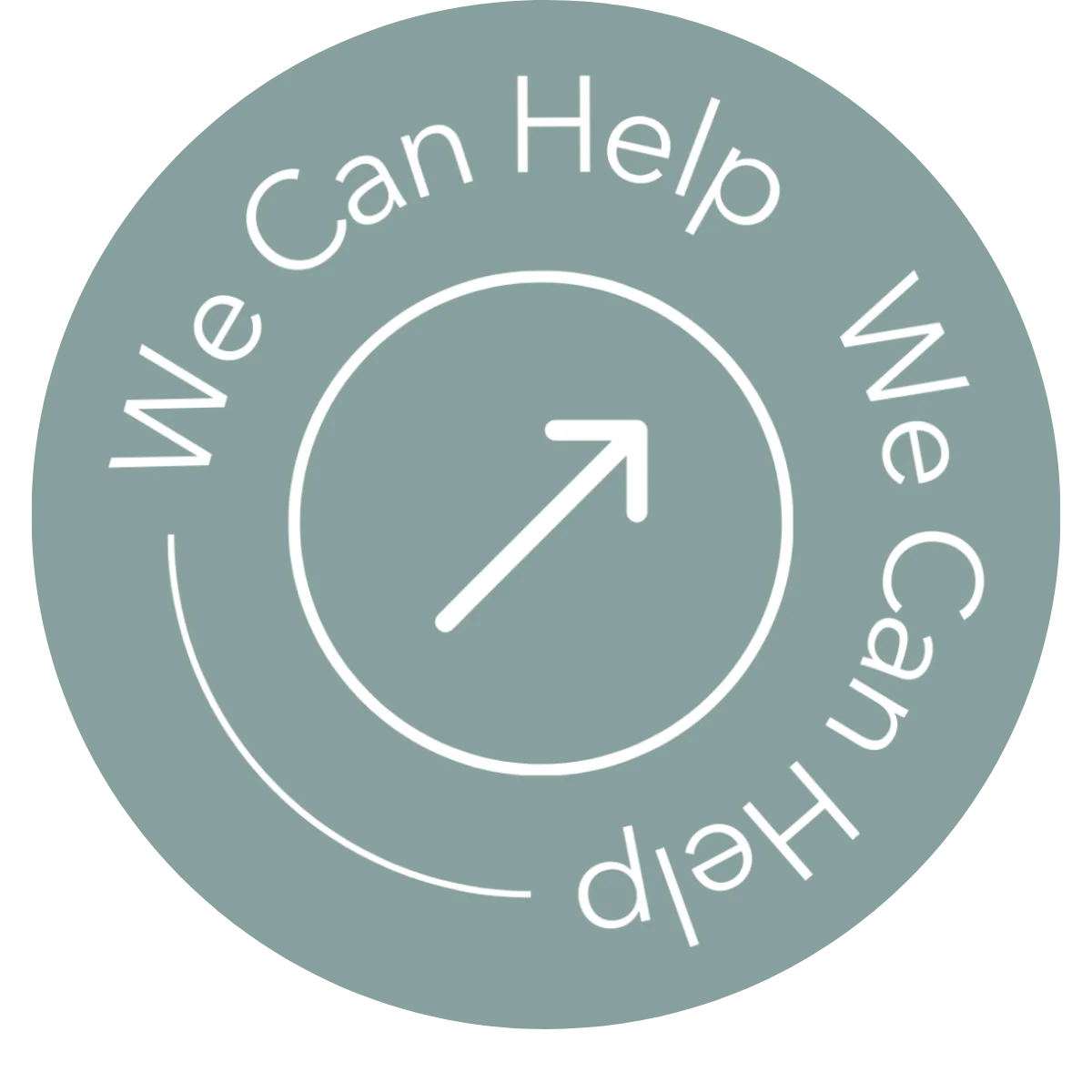Parenting in 2021: Preventing Summer Slide
Summer slide is a phenomenon that educators and researchers have been aware of for many decades. Essentially, absent the academics, enrichment, educational support and engagement children receive during the school year, they can experience decline cognitively, socially and sometimes even emotionally. This can make the first few months of transitioning into the school year more difficult, and the stress of falling behind may even lead to negative feelings about school or themselves.
The statistics appear startling, noting that children can lose up to two months of progress each summer, and that this loss is cumulative. However, it’s not as scary as it seems. Research also shows that it only takes a couple of hours each week to combat summer slide, and it doesn’t have to be traditional learning.
It’s important to note that children need a break from the stress and regimen of the school year. Months of sprawling on the couch and staring at the television can certainly be counterproductive, but the unstructured play time, new experiences and outdoor activity that summer can provide may be just as vital to their growth and wellbeing as school.
Here are a few ways to enrich your child’s cognitive and social skills, creativity and overall wellbeing during the summer:
- Unstructured play, like spending time with friends, having conversations and playing games with friends and family is more productive than you might think. Childhood play develops social and foundational motor skills and can hone executive function skills like problem solving and regulating emotion. Play sparks creativity and imagination, and it can even serve as a form of therapy, helping children work through concepts and concerns that they may not be mature enough to voice yet.
- For some, structured activity can be beneficial as well. This would entail any kind of group, camp, club, sport or class, academics included. Sometimes, summer may be a good time to focus on remedial learning or building certain skills while they have less pressure on their schedule. As long as it does not overwhelm them, but rather sparks their interest, imagination or hunger for learning, allows them to socialize or gets them thinking or moving, it is providing an opportunity for growth and improvement.
- New activities, such as a vacation, a summer camp or experimenting with new hobbies and interests are especially enriching. Learning about new cultures and cities, experiencing new environments and climates, developing new skills and interests and making friends outside of one’s peer group can all be incredibly beneficial, as experts have found that novel experiences can stimulate the brain and promote learning.
- Limit time with tech or devices, whether it be television, video games, social media scrolling or internet surfing. There’s no doubt that all of us enjoy zoning out from time to time, and certain games and programs can be educational, but this should be enjoyed in moderation like anything else. Boredom boosts creativity, independence and problem-solving skills, and will hopefully lead to reading, playing, socializing, moving our bodies or getting outdoors.
- Reading is a great downtime activity for both children and adults. In a Scholastic study, nearly 60 percent of children aged 6 to 17 said they loved or liked reading books for fun. The more students read or are read to for fun, the higher their reading scores, and it’s a great way to encourage and explore areas of interest!
- Finally, keeping some type of routine each day or each week can be helpful to ease the back-to-school transition. Most of us, even as adults, thrive on routine, but this is especially true for children. It can limit stress, improve sleep and nutrition and keep kids on-track to head back into the school year. If we get off-track, we can begin to gradually ease back in as we move closer to fall.
Ethos Wellness is now enrolling students for psychoeducation groups and individual support sessions. In small-by-design groups, children ranging from elementary to high school-age will have the opportunity to develop communication and problem-solving skills in a supportive environment led by our experienced, master’s-level clinicians.
Learn more and register for group or individual sessions here, or contact Ethos Learning Specialist Casey Casteel at CCasteel@ethosbhg.com or (713) 571-4299.


